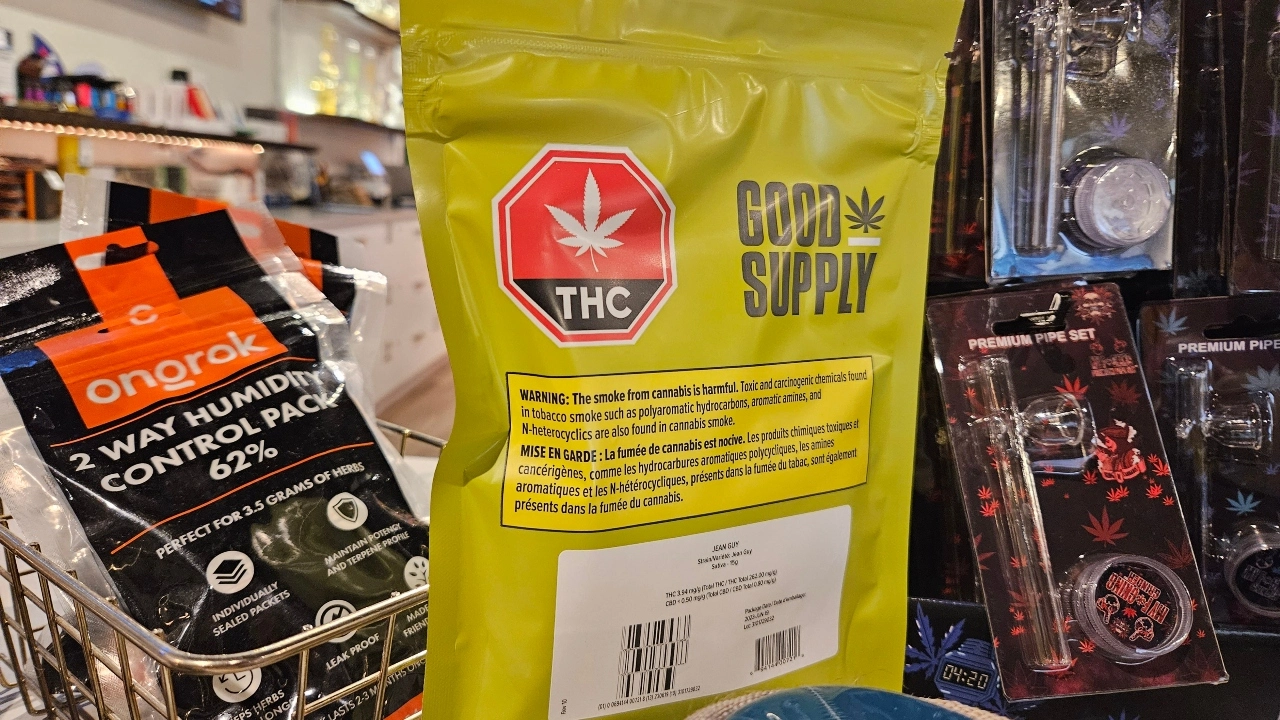Constellation Brands converts shares in cannabis operator Canopy, departs board

Beverage alcohol company Constellation Brands has converted its shares in Canadian cannabis company Canopy Growth Corp. into new exchangeable shares.
Constellation’s exchangeable shares may be converted back into Canopy common shares on a one-to-one basis, the companies announced Friday.
However, the two Constellation subsidiaries that now own the exchangeable shares don’t plan to convert them “until such time as the U.S. domestic sale of marijuana could not reasonably be expected to violate the Controlled Substances Act, the Civil Asset Forfeiture Reform Act (as it relates to violation of the Controlled Substances Act), and all related applicable anti-money laundering laws,” Constellation said in a news release.
The three remaining Constellation nominees to Canopy’s board have all resigned as part of the deal, and Constellation “no longer holds any governance rights in relation to Canopy Growth,” Canopy noted in its release.
Promissory note forgiven
Constellation subsidiary Greenstar Canada Investment Limited Partnership has also canceled and forgiven a promissory note to Canopy with principal worth 100 million Canadian dollars ($72.8 million), converting CA$81.2 million of the principal into shares and forgiving the remaining principal and interest.
Smiths Falls, Ontario-based Canopy said it now has CA$100 million less debt on its balance sheet.
“While we remain supportive of Canopy’s strategy, this transaction is expected to eliminate the impact to our equity in earnings and is aligned to our intent to not deploy additional investment in Canopy,” Constellation President and CEO Bill Newlands said in a statement.
Constellation’s move comes days after Canopy shareholders approved the creation of the exchangeable shares as part of a plan to create the company’s U.S.-domiciled holding company Canopy USA, which is meant to acquire Canopy’s existing U.S. cannabis assets.
“We look forward to maintaining an enduring positive relationship with (Constellation) as our largest shareholder, and to the further advancement of the Canopy USA strategy that this change enables as Canopy USA moves forward with the acquisitions of Wana, Jetty and Acreage,” Canopy CEO David Klein, a former Constellation executive, said in a statement.
Constellation-Canopy history
Constellation originally invested in Canopy in 2017, taking a 9.9% stake.
The Victor, New York-based alcohol company poured an unprecedented CA$5 billion into Canopy in 2018, acquiring more shares in a deal in which Constellation received board seats and warrants that could have boosted its stake in Canopy to more than 50%.
Constellation exercised some of those warrants in 2020.
By 2022, however, Constellation said it did not plan to invest any more capital in the Canadian cannabis operator.
Constellation allowed its warrants to purchase additional Canopy shares to expire last November.
Canopy’s latest quarterly net loss was CA$216.7 million, with net revenue of CA$78.5 million.
Shares of Canopy trade on the Nasdaq as CGC and on the Toronto Stock Exchange as WEED.
Constellation trades as STZ on the New York Stock Exchange.



